Linking production according to value chains ensures that participating economic components share benefits and responsibilities with each other, regulate market supply and demand, and create branded products with traceability. However, the number of chains is still small, and maintaining and developing the chains is still difficult.
Every year, the whole province has about 10,000 hectares of rice, equivalent to about 7% of the cultivated area, with contracts for product consumption.
The production linkage models according to the value chain are all formed on the basis of large fields, land accumulation and concentration, and synchronous mechanization. However, the speed of building and developing the production linkage chains and consumption of agricultural products in the province is not commensurate with the potential and strengths in terms of area and quantity of agricultural products. The chains are mainly production linkages, not value chains. Attracting businesses to participate in investment linkages to build chains in localities is still very limited. Although many concentrated production areas and large fields have been formed, the organization and linkage by region are still limited and there are not many investment projects to organize production linkages between regions.
The infrastructure of production areas and linkage models are not really synchronized. The awareness of a part of farmers about chain linkage is still limited, lacking self-awareness in complying with commitments of responsibility to enterprises, there is still a situation where producers break their commitment to sell when the price of agricultural products on the market increases to earn a little more immediate profit.
As a business operating in the field of milling, processing and trading food, Hung Cuc Company Limited has created a closed "4-house" linkage model (state, scientist , business, farmer) from planting to processing, consumption, creating clean, high-quality rice products to serve the domestic and export markets. However, the looseness in the linkage chain, specifically the breach of contracts, often by the people, makes the Company lack initiative in input materials.
Mr. Ly Thai Hung, Director of the Company said: As a food production and trading enterprise, we sincerely wish to establish a strong connection with cooperatives and farmers in rice production. However, the situation of farmers "breaking the contract" often occurs. Farmers often chase after prices, and when the market price is higher at a certain time, they will be ready to leave the enterprise to sell to traders.
In addition, maintaining the production chain to avoid disruption of enterprises and cooperatives also faces difficulties due to the lack of initiative and positivity of the people. Some households have not yet fully realized the importance of chain linkage, compliance with the terms of the linkage contract; lack of coordination with related units in complying with technical standards in the process of planting, caring, protecting, harvesting and preserving agricultural and aquatic products, affecting product quality.
Dong Xuyen Commune Livestock Cooperative (Tien Hai) is one of the few bright spots in the new-style cooperative with two products, Dong Xuyen sea duck and sea duck eggs, which have been certified as OCOP products and widely consumed in provinces and cities. The products not only affirm their quality but also "position" their value, always in a state of supply not meeting demand. Always wanting to expand production scale and develop members, but according to Mr. Ngo Van Duan, Director of the Cooperative, not all livestock households can meet the requirements.
“Farmers still prefer output and pursue immediate benefits. With the VietGAHP farming process, the cooperative's products must ensure no antibiotic residues and lean growth. If traditional farming only lasts 1.5 - 2 months for each batch of ducks, then farming according to the cooperative's process must last 3 - 4 months. Raising costs are higher, raising time is longer, but in return, it creates clean products with high and stable selling prices. Therefore, the cooperative only recruits and cooperates with farming households that are truly aware of and comply with the VietGAHP farming process to ensure the quality of products branded as Dong Xuyen sea ducks and sea duck eggs,” said Mr. Duan.
In addition, some localities have not focused on land accumulation and concentration for large-scale agricultural production, attracting enterprises to invest in production linkages, product consumption and forming raw material areas for production and product processing. In addition, the capacity of cooperatives in management skills, production planning, market connection to act as intermediaries between farmers and enterprises... is also limited and inadequate.
With the orientation of shifting from agricultural production development to agricultural economic development in harmony with nature, circular, green growth, sustainable on the existing foundation, it requires comprehensive investment from facilities, techniques to human resources, technology, from production processes to production management, market issues, brand building and development... Therefore, it is necessary to form and develop linkage chains.

ThaiBinh Seed is one of the few businesses that maintains a large and sustainable rice production link.
(continued)
Ngan Huyen
Source








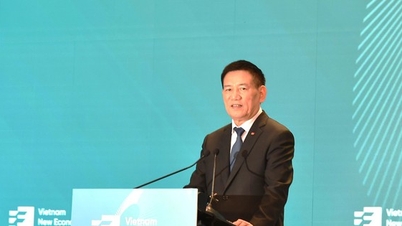

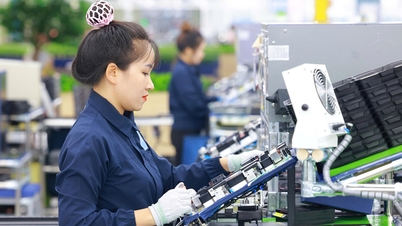

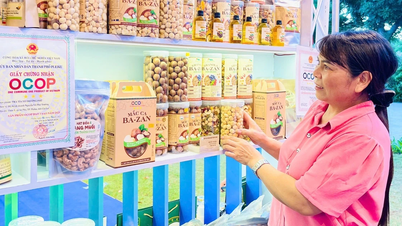

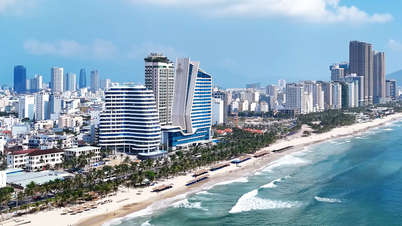

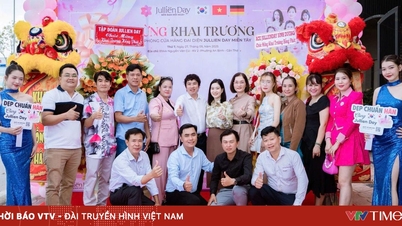

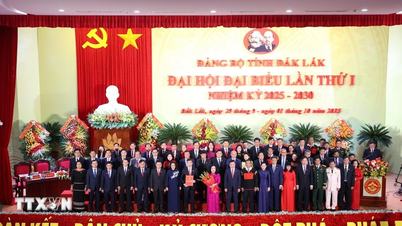

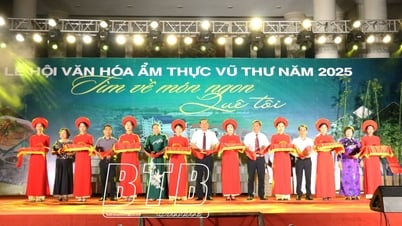


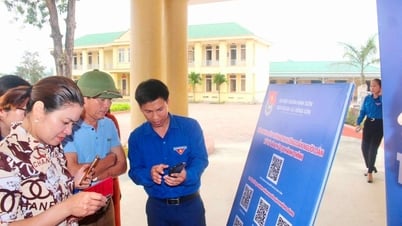
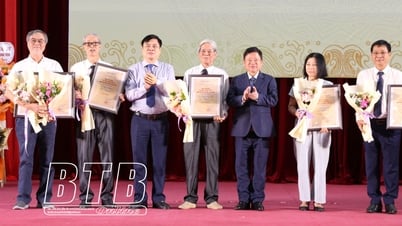
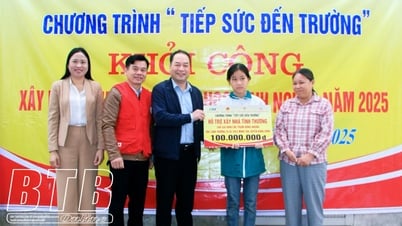
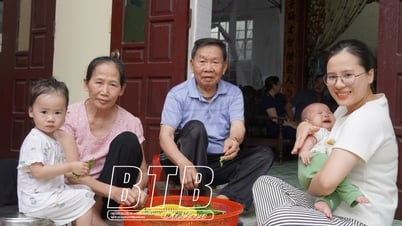





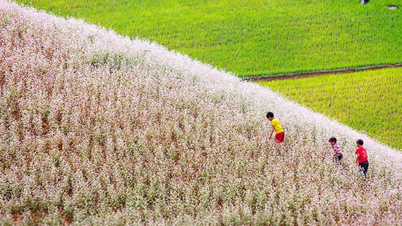
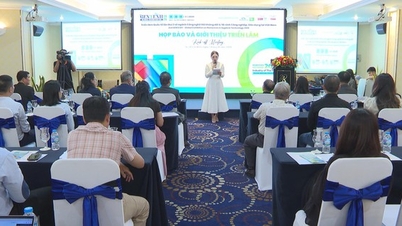
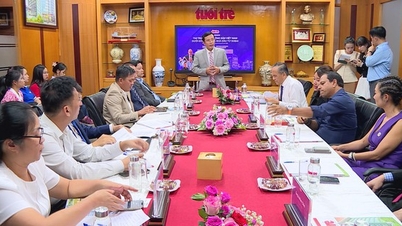
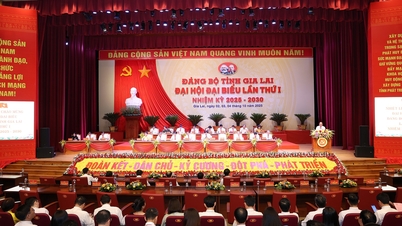













































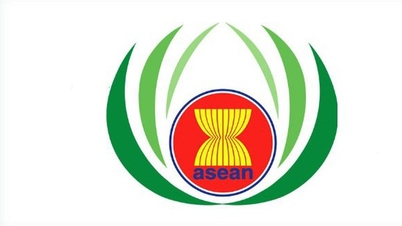
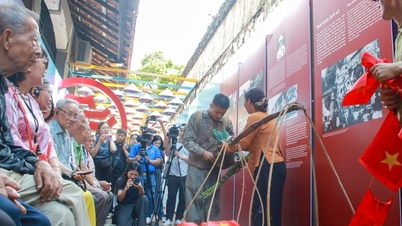
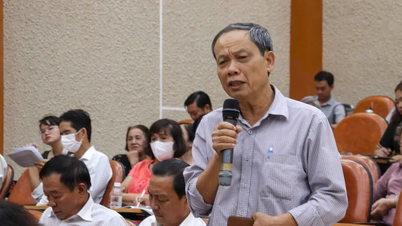



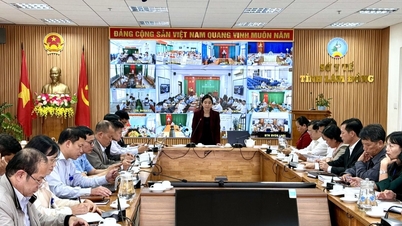

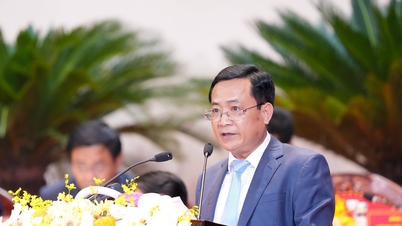


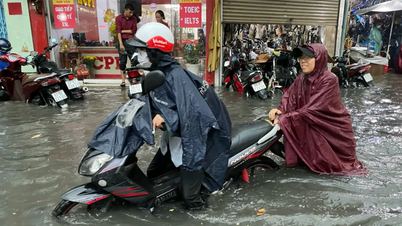













Comment (0)